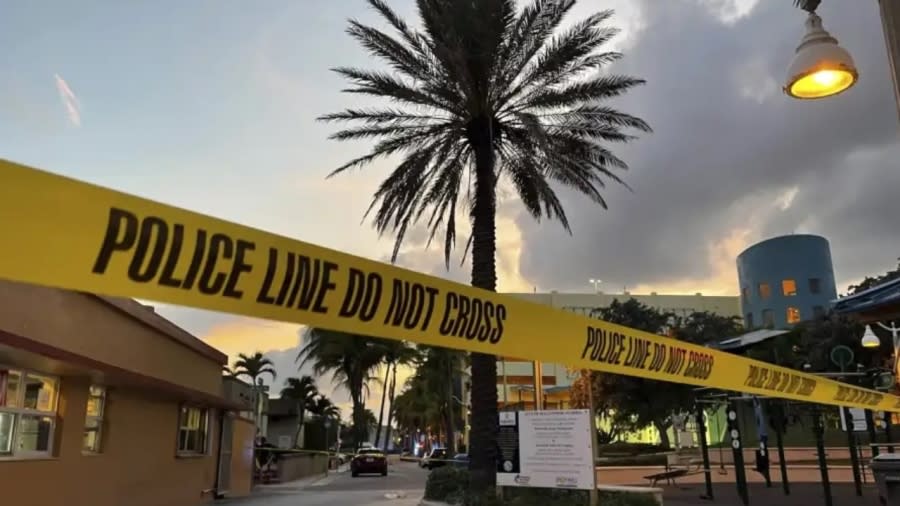Study links racism to mass shootings that disproportionately affect Black people
Doctors from Northwestern University said the study’s “results have implications for targeted interventions to address firearm violence at community and national levels.”
Black people suffer disproportionately from mass shootings in major American cities, and an analysis has determined that racism could be a key factor.
Researchers from Tulane University examined data from the 51 major metropolitan regions and published their findings on Wednesday in the journal JAMA Surgery.
According to CNN, researchers analyzed 865 reports of mass shootings between 2015 and 2019, which caused a total of 3,968 injuries and 828 fatalities. The data came from the Gun Violence Archive, a nonprofit group that keeps tabs on gun violence in the U.S., as well as demographic and income details.

Comparing communities with higher Black populations and those with higher white populations, the research showed that mass shootings are more likely to happen in Black-populated areas. There are also more Black people hurt and killed in mass shootings.
CNN and the Gun Violence Archive define a mass shooting as a shooting that results in the injury or death of four or more people, excluding the gunman.
Drs. Kimberly B. Golish and Leah C. Tatebe from the Department of Surgery at Northwestern University Feinberg School of Medicine wrote in a commentary that the study’s “results have implications for targeted interventions to address firearm violence at community and national levels.”
Golish and Tatebe asserted that while the study “provides evidence to support interventions to decrease the downstream effects of structural racism,” it is crucial to concentrate on patient care outside of medical facilities and research.
Researchers sought to determine whether structural racism — defined as the scope of “normalized and legitimized policies, practices and attitudes that routinely produce cumulative and chronic unfavorable outcomes for people of color” — contributed to mass shootings. They compared the cities’ Black-white segregation index, demographic information, poverty rates, educational achievement and crime rates.
At 141, Chicago experienced the most mass shootings during the examined period, leading to 97 deaths and 583 injuries. The analysis found that while Baltimore had the greatest unemployment rate, Milwaukee had the highest segregation index, which measures racial differences in schools and communities. Cleveland had the highest wealth disparity.
Although the study did not discover a connection between income and incidents of mass shootings, researchers asserted that more investigation might be required to determine how income inequality and poverty affect mass shootings.
The study’s authors emphasized that the number of mass shootings and casualties reported by the Gun Violence Archive is not exact and is susceptible to change as figures from law enforcement, the media and other sources the group depends on are updated and validated.
However, they concluded that “racial and ethnic minority populations are significantly more likely to be victims of [mass shootings],” according to CNN, and that systemic injustices cause a range of gun violence outbreaks in the U.S., a problem they said the public health domain needs to address.
In addition to legislative improvements, Golish and Tatebe said a framework in which surgeons like themselves can combat gun violence could be essential to lowering mass shootings and the impact of racial inequities.
“Solidifying how surgeons can combat the influence of structural racism on gun violence on a grander scale is critical to combat these prevalent and deadly disparities,” they wrote, CNN reported. “We need to call on strengths from our interdisciplinary teams and ability to provide resources and support to those who have suffered from gun violence.”
TheGrio is FREE on your TV via Apple TV, Amazon Fire, Roku and Android TV. Also, please download theGrio mobile apps today!
The post Study links racism to mass shootings that disproportionately affect Black people appeared first on TheGrio.

